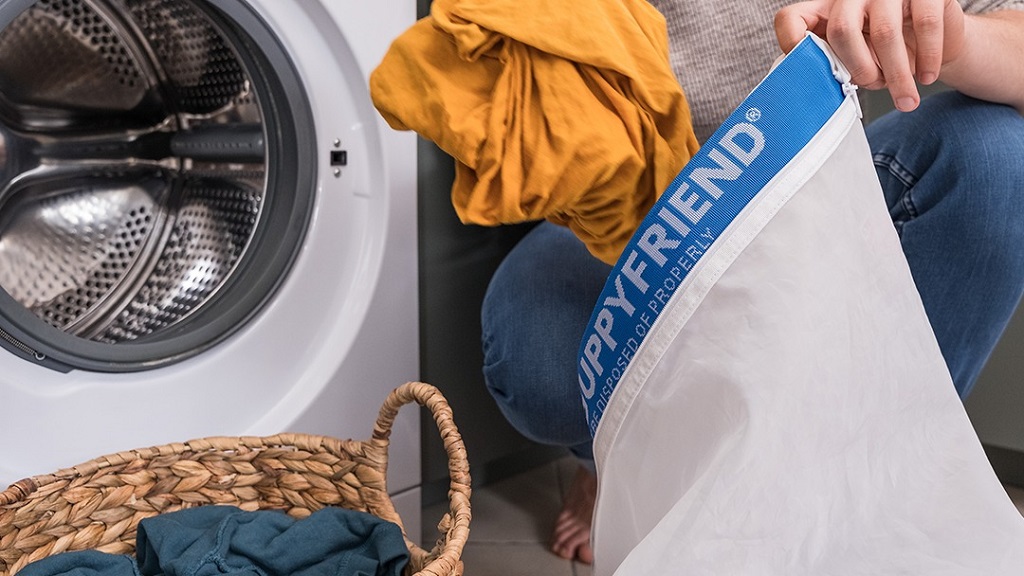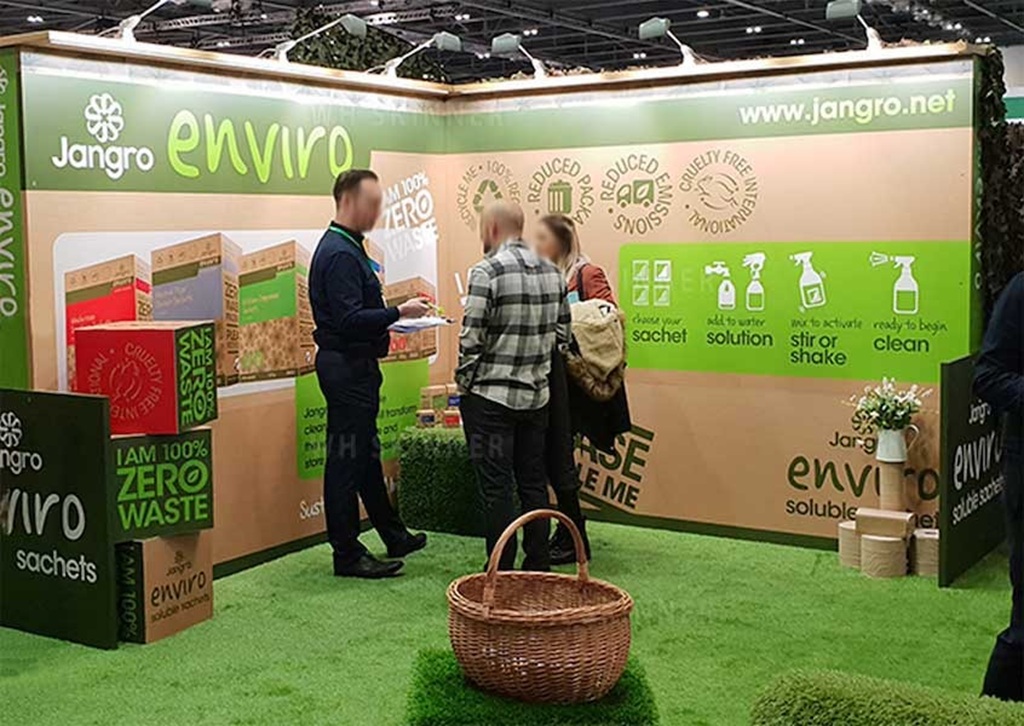In the heart of every bustling kitchen lies the humble washing up liquid, a silent warrior against grease and grime. Yet, beneath its sudsy surface often lurks a cocktail of chemicals that pose a threat not only to our health but also to the delicate balance of our planet. As consumers become increasingly aware of their environmental footprint, the demand for sustainable alternatives has surged. Enter the realm of eco-friendly washing up liquid – a powerful ally in the quest for a clean kitchen and a greener planet. This comprehensive guide delves deep into the world of sustainable dishwashing, exploring its benefits, ingredients, and the impact it has on our environment.
Why Make the Switch to Eco-Friendly Washing Up Liquid?

Conventional washing up liquids are typically formulated with petrochemical-derived surfactants, synthetic fragrances, and harsh preservatives. These chemicals, when washed down the drain, can contaminate waterways, harm aquatic life, and contribute to environmental pollution. Moreover, they can irritate sensitive skin and trigger allergies. Eco-friendly washing up liquids, on the other hand, are crafted with plant-based ingredients, biodegradable surfactants, and natural fragrances. This translates to a product that is gentler on your hands, safer for your family, and less harmful to the environment.
Decoding the Ingredients: What Makes a Washing Up Liquid Eco-Friendly?
Understanding the ingredients list is crucial when choosing an eco-friendly washing up liquid. Look for products that feature:
- Plant-Based Surfactants: Surfactants are the cleaning agents that break down grease and lift dirt. Traditional surfactants are often derived from petroleum, while eco-friendly alternatives are derived from plants like coconut, palm, and sugar beets. These plant-based surfactants are biodegradable and less toxic to aquatic life.
- Natural Fragrances: Synthetic fragrances can contain phthalates and other harmful chemicals. Eco-friendly washing up liquids rely on essential oils and natural extracts for their scents, providing a pleasant aroma without the environmental and health risks.
- Biodegradable Preservatives: Preservatives are necessary to prevent bacterial growth and extend shelf life. However, many conventional preservatives can be harmful. Eco-friendly options utilize biodegradable preservatives like citric acid, potassium sorbate, and sodium benzoate, which break down safely in the environment.
- No Harsh Chemicals: Avoid products containing phosphates, chlorine bleach, parabens, and sulfates. These chemicals can be detrimental to both human health and the environment.
- Recycled and Recyclable Packaging: The packaging of a product is just as important as its ingredients. Opt for washing up liquids packaged in recycled or recyclable materials, such as post-consumer recycled plastic or glass. Some brands even offer refill options to minimize waste.
The Environmental Impact: A Ripple Effect of Sustainability
Choosing eco-friendly washing up liquid extends beyond simply cleaning your dishes. It’s a conscious decision that contributes to a larger environmental movement. Here’s how:
- Reduced Water Pollution: By using biodegradable ingredients, eco-friendly washing up liquids minimize the release of harmful chemicals into waterways. This protects aquatic ecosystems and ensures cleaner water for all.
- Lower Carbon Footprint: Plant-based ingredients require less energy and resources to produce compared to petrochemical-derived ingredients. This translates to a lower carbon footprint throughout the product’s lifecycle.
- Sustainable Sourcing: Many eco-friendly brands prioritize sourcing ingredients from sustainable and ethical sources. This supports responsible farming practices and protects biodiversity.
- Reduced Plastic Waste: Choosing products with recycled or recyclable packaging, and opting for refill options, helps to reduce plastic waste and minimize the burden on landfills.
Beyond the Basics: Choosing the Right Eco-Friendly Washing Up Liquid for Your Needs
With a growing number of eco-friendly washing up liquids available, finding the right one can feel overwhelming. Consider these factors when making your selection:
- Cleaning Power: Look for products that effectively cut through grease and grime, leaving your dishes sparkling clean. Check online reviews and product descriptions to assess cleaning performance.
- Scent Preference: Eco-friendly washing up liquids offer a variety of natural scents, from citrus and lavender to unscented options. Choose a scent that you enjoy and that is gentle on your senses.
- Skin Sensitivity: If you have sensitive skin, opt for fragrance-free or hypoallergenic formulas. Look for products that are certified by reputable organizations, such as the Environmental Working Group (EWG) or the National Eczema Association.
- Concentration: Concentrated formulas require less product per wash, reducing packaging waste and saving you money in the long run.
- Price: Eco-friendly washing up liquids may be slightly more expensive than conventional options. However, consider the long-term benefits to your health and the environment.
- Brand Values: Support brands that are committed to sustainability and transparency. Look for companies that prioritize ethical sourcing, eco-friendly packaging, and charitable initiatives.
Practical Tips for Sustainable Dishwashing:
Beyond choosing the right washing up liquid, adopting sustainable dishwashing practices can further minimize your environmental impact:
- Scrape Food Waste: Before washing, scrape off any food scraps into the compost bin or trash. This prevents food particles from clogging drains and contaminating waterways.
- Use Hot Water Sparingly: Hot water requires more energy to heat. Use warm or cold water whenever possible.
- Don’t Overuse Soap: A small amount of eco-friendly washing up liquid goes a long way. Avoid over-sudsing, as this can make rinsing more difficult and waste water.
- Soak Stubborn Stains: For stubborn stains, soak dishes in warm water with a small amount of washing up liquid before washing.
- Air Dry Dishes: Allow dishes to air dry whenever possible to save energy.
- Reuse Water: If you have a double sink, use the first sink for washing and the second for rinsing. You can then reuse the rinse water for watering plants or cleaning other surfaces.
Read More Also : The Green Revolution: Unveiling the Importance of Organic Cotton
People Also Ask (FAQs):
-
Are eco-friendly washing up liquids as effective as conventional ones?
- Yes, many eco-friendly washing up liquids are formulated to be just as effective as conventional ones, using plant-based surfactants that are powerful grease cutters.
-
Are eco-friendly washing up liquids safe for sensitive skin?
- Yes, eco-friendly washing up liquids are generally gentler on sensitive skin, as they are free from harsh chemicals and synthetic fragrances.
-
Do eco-friendly washing up liquids cost more?
- While some eco-friendly options may have a slightly higher upfront cost, concentrated formulas and bulk purchases can help offset this difference. The environmental and health benefits are also invaluable.
-
How can I tell if a washing up liquid is truly eco-friendly?
- Look for certifications from reputable organizations like the EWG, and check the ingredient list for plant-based surfactants, natural fragrances, and biodegradable preservatives.
-
Can I make my own eco-friendly washing up liquid?
- Yes, there are many DIY recipes for eco-friendly washing up liquid using ingredients like castile soap, baking soda, and essential oils.
Read More Also: Sustainable Living: 5 Ways to Be More Eco-Conscious at Home
Conclusion:
The simple act of washing dishes can have a significant impact on our planet. By choosing eco-friendly washing up liquid, we can make a conscious effort to reduce our environmental footprint and create a healthier future. Embracing plant-based ingredients, biodegradable formulas, and sustainable packaging allows us to clean our kitchens without compromising the well-being of our planet. The shift to eco-friendly dishwashing is not just a trend; it’s a necessary step towards a more sustainable and responsible lifestyle. Every drop counts, and by making informed choices, we can contribute to a cleaner, greener world, one sparkling dish at a time. The transition is not only about cleaning dishes, but about cleaning the planet, one wash at a time.




